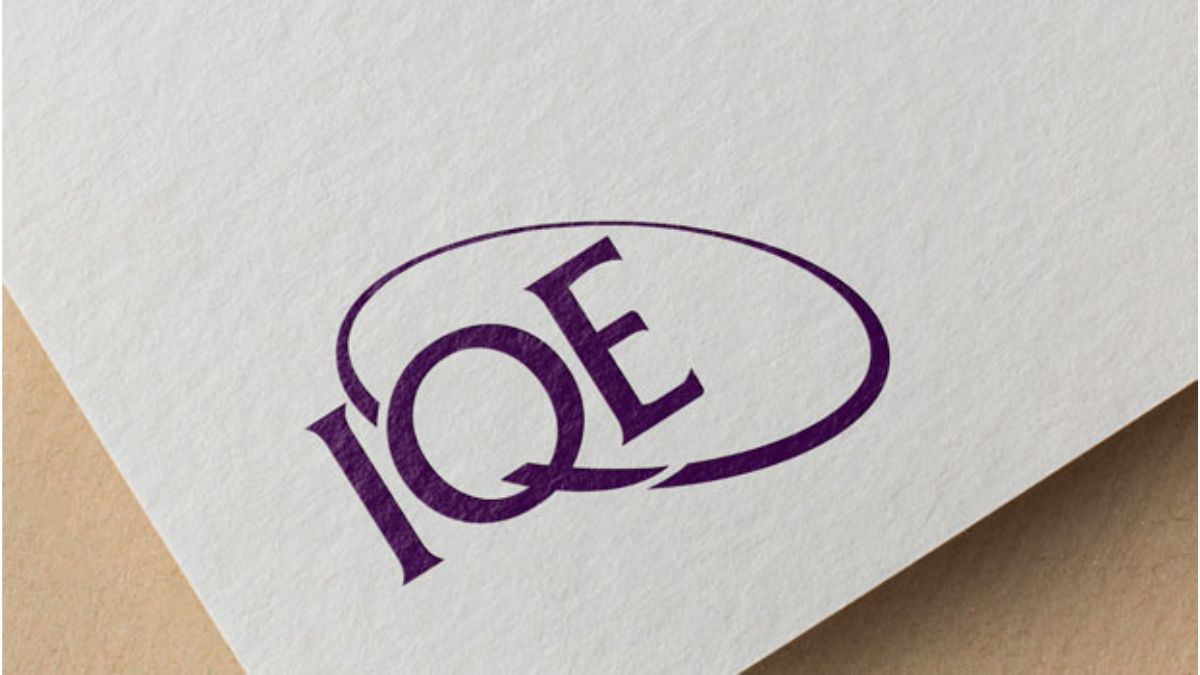Necessary Always Active
Necessary cookies are required to enable the basic features of this site, such as providing secure log-in or adjusting your consent preferences. These cookies do not store any personally identifiable data.
|
||||||
|
||||||
|
||||||
|

British chip maker IQE is considering a sale of the firm. In a statement published on its website, the board expanded the scope of the U.K. chip maker IQE strategic review to include a potential sale of the firm. According to Reuters, IQE is considering the sale of its Taiwan operations.
IQE started a strategic review in November 2024 with a focus on operational improvements. The expansion signals a significant shift in the IQE’s board outlook. The chip maker is already negotiating the sale of Taiwan operations with different parties.
The company says that once the sale is concluded, the proceeds would provide the company with cash to support its core activities. The chip maker would spend the proceeds on repaying the Revolving Credit Facility it has with HSBC Bank. IQE would also use the proceeds to settle the Convertible Loan Notes issued in March 2025.
“Looking ahead, while the Strategic Review remains ongoing I am encouraged by the progress we are making and remain confident in our ability to unlock value for all of our stakeholders,” IQE CEO Jutta Meier said.
The U.K. semiconductor company also reduced its full-year revenue forecast. IQE’s decision to cut its 2025 revenue forecast came as the company stated that its growth had been affected by global macroeconomic uncertainties in the first half of 2025.
“The Group has continued to experience weakness in wireless markets, largely as a result of softness in mobile handset sales, and this is expected to persist through 2025,” IQE said in a statement.
IQE further said that “delays to federal funding cycles in the U.S. military and defence sectors are resulting in the deferral of orders into 2026”.
The U.K. chip maker attributed the IQE’s sale and revenue downgrade to global uncertainties that continue to affect its inventory levels.
“We have updated our expectations for the full year to adjust for the deferral of certain contracts in our Wireless and Photonics segments. This is a result of continued global and macro uncertainty which has impacted the unwinding of customer inventory levels pre-built in 2023 and 2024, the sale of new mobile handsets and the release of budgetary spending across the US military and defence sector.” Meier said.
The chip maker reduced its 2025 revenue forecast downwards, from the expected range of between £115.1 million and £123 million, to between £90 million and £100 million. IQE also expects its yearly core earnings to range between a profit of £2 million to a £5 million loss.
IQE supplies wafer products that Apple uses in iPhone’s facial recognition sensors. In April 2025, the U.S. government said it was considering tariffs on semiconductors. At the time, President Donald Trump said the tariffs could start at 2
In a bid to protect itself against the potential tariffs, the UK-based chip manufacturer said it was planning to relocate IQE manufacturing functions to the U.S. in May 2025. The company also said it would expand its supplier base and share tariff costs with customers.
In August 2025, President Trump proposed 100% tariffs on imported on chip imports. However, he said the tariffs would only apply to companies that are not producing in the U.S. or were yet to do so. The import duty on semiconductors is part of President Trump’s efforts to restore chip production back to the US. IQE already runs production sites in the U.S., the U.K. and Taiwan, and has committed to reduce debt and catalyze growth.